HNC Hospitality: Leadership and Management in Service Industries
VerifiedAdded on 2023/01/23
|19
|1230
|29
Report
AI Summary
This report delves into the core concepts of leadership and management within the service industry, focusing on the application of classical management theories, such as Taylor's scientific management and Weber's theory of bureaucracy, within the context of service-oriented organizations. The report explores the crucial role of leaders, examining various leadership styles, including authoritarian and participative approaches, and their impact on employee motivation and organizational performance. Furthermore, it reviews management and leadership styles in the service sector, analyzing how these styles relate to organizational culture and structure, particularly in the context of technological advancements. The analysis includes an evaluation of an organization's current leadership and management skills, with a focus on how these skills can be adapted to meet future challenges and improve customer satisfaction. The report concludes by emphasizing the importance of effective leadership and management for the successful operation and growth of service-based organizations.
1 out of 19

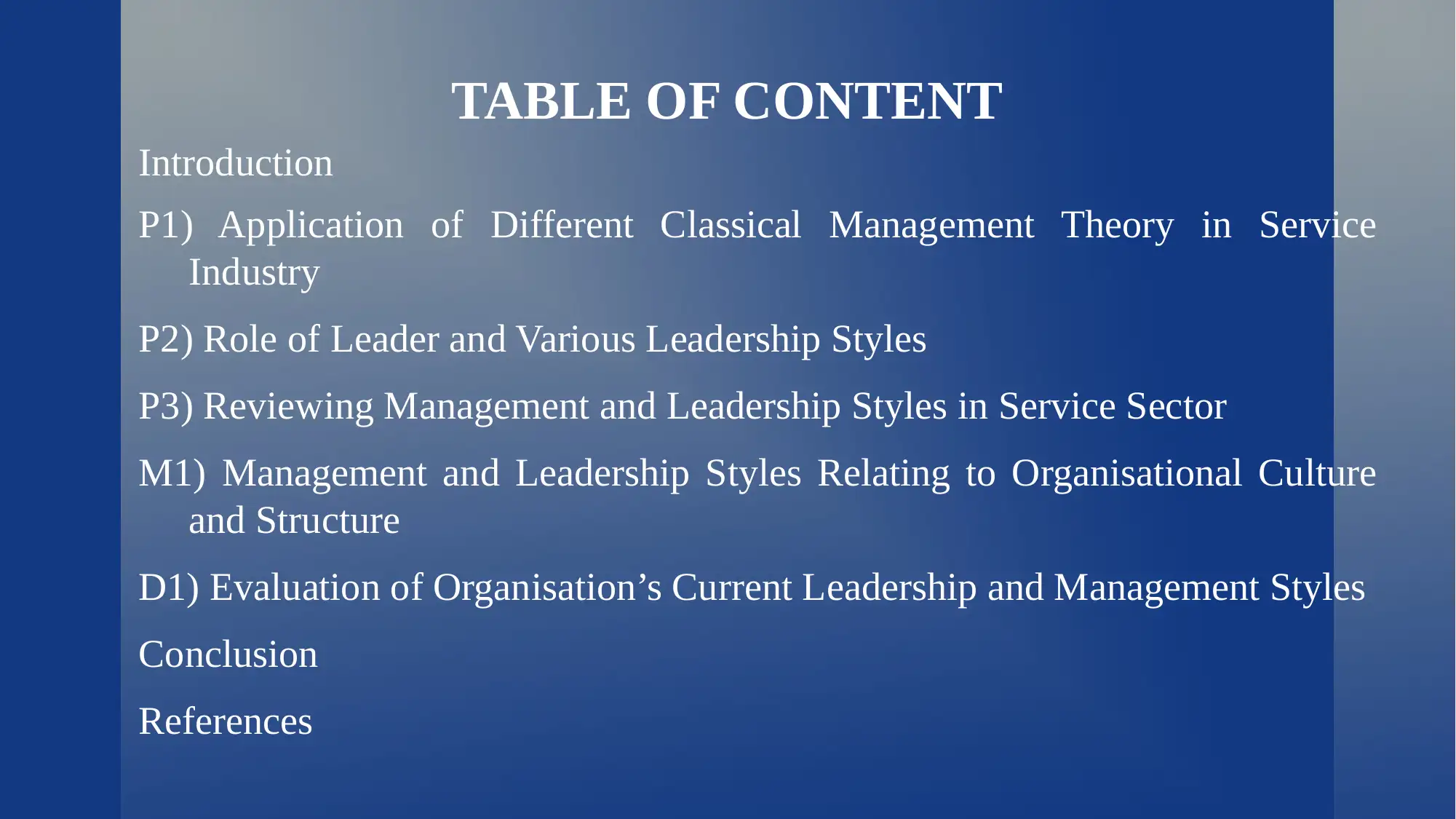
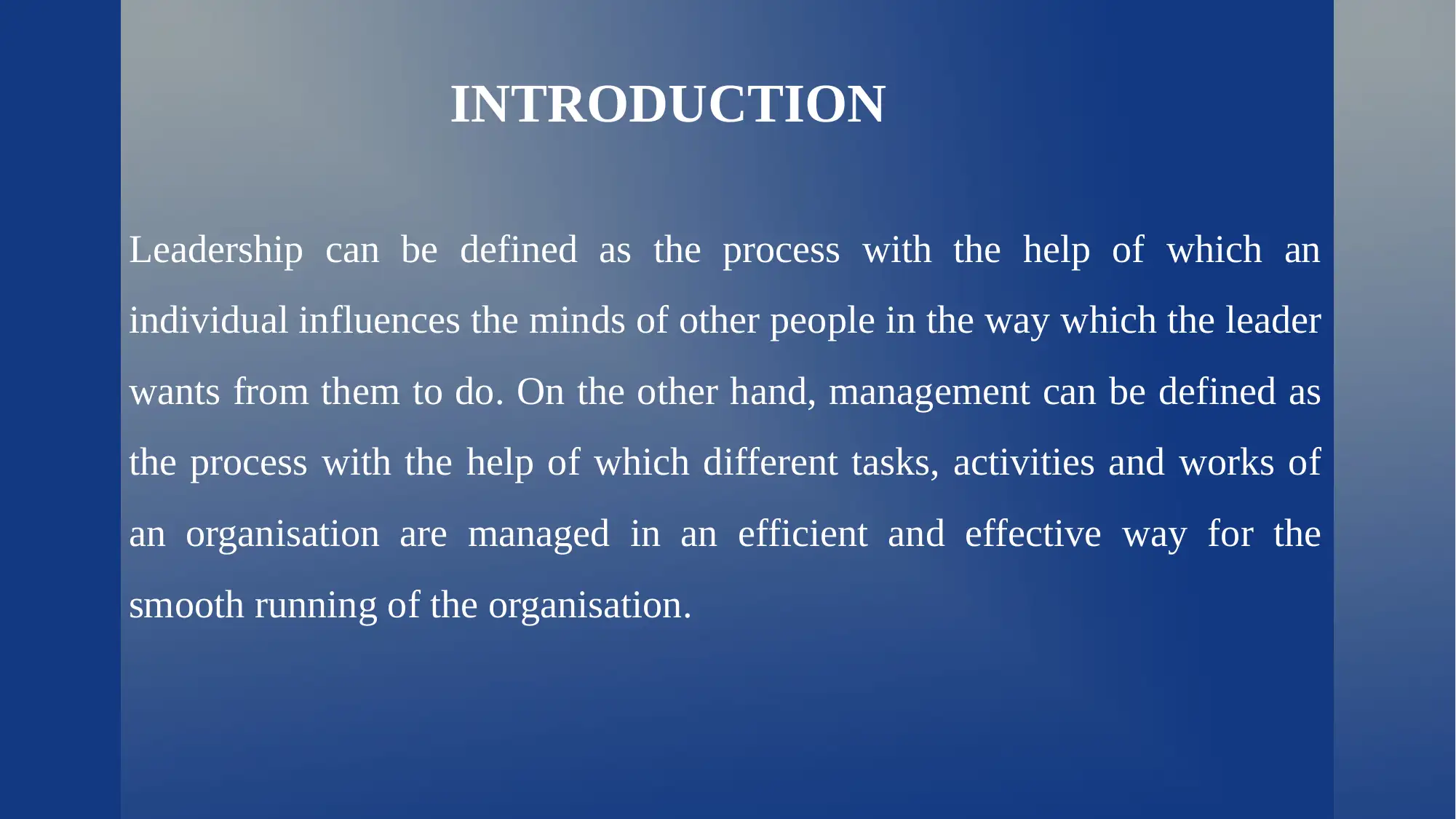

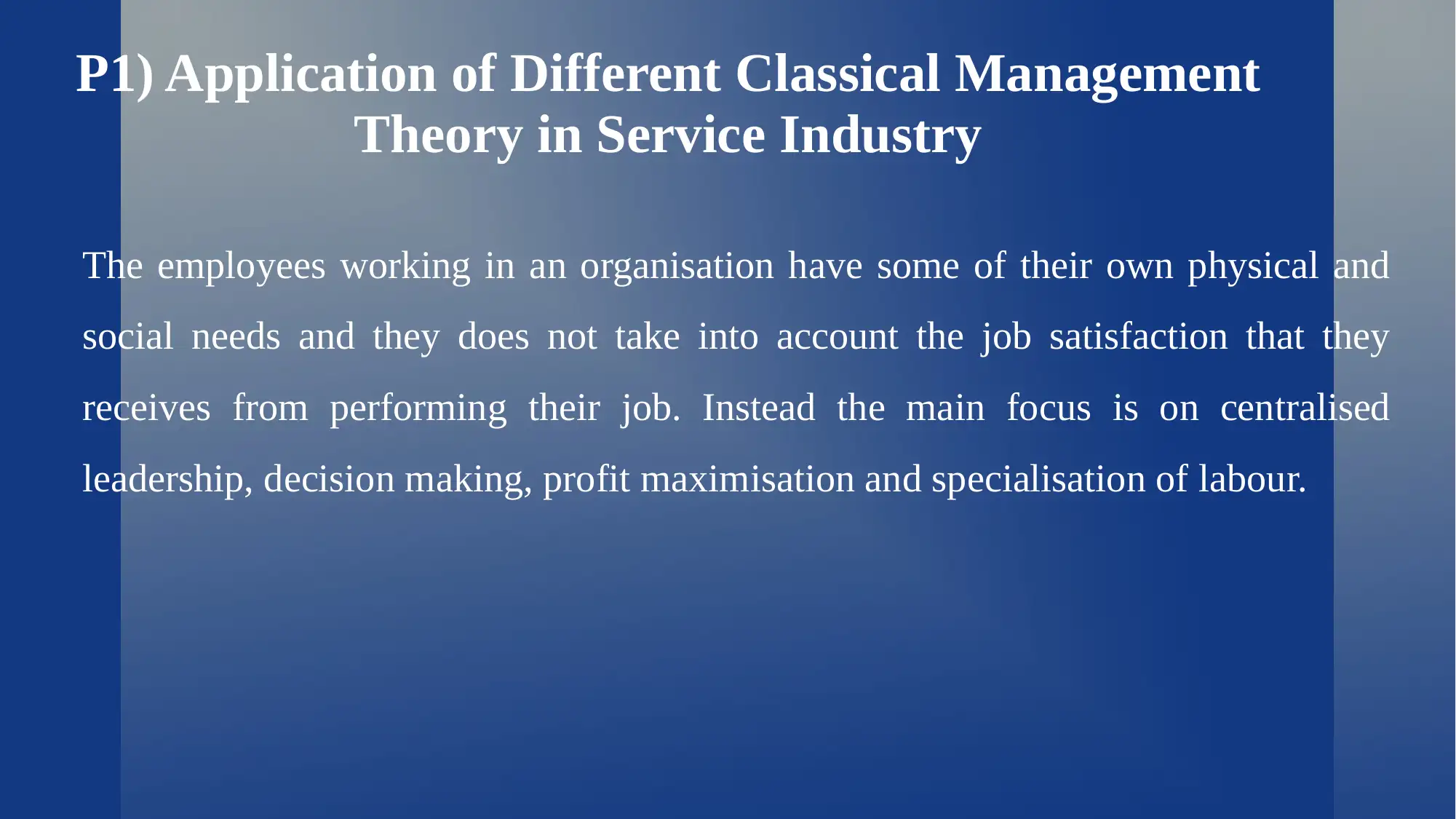
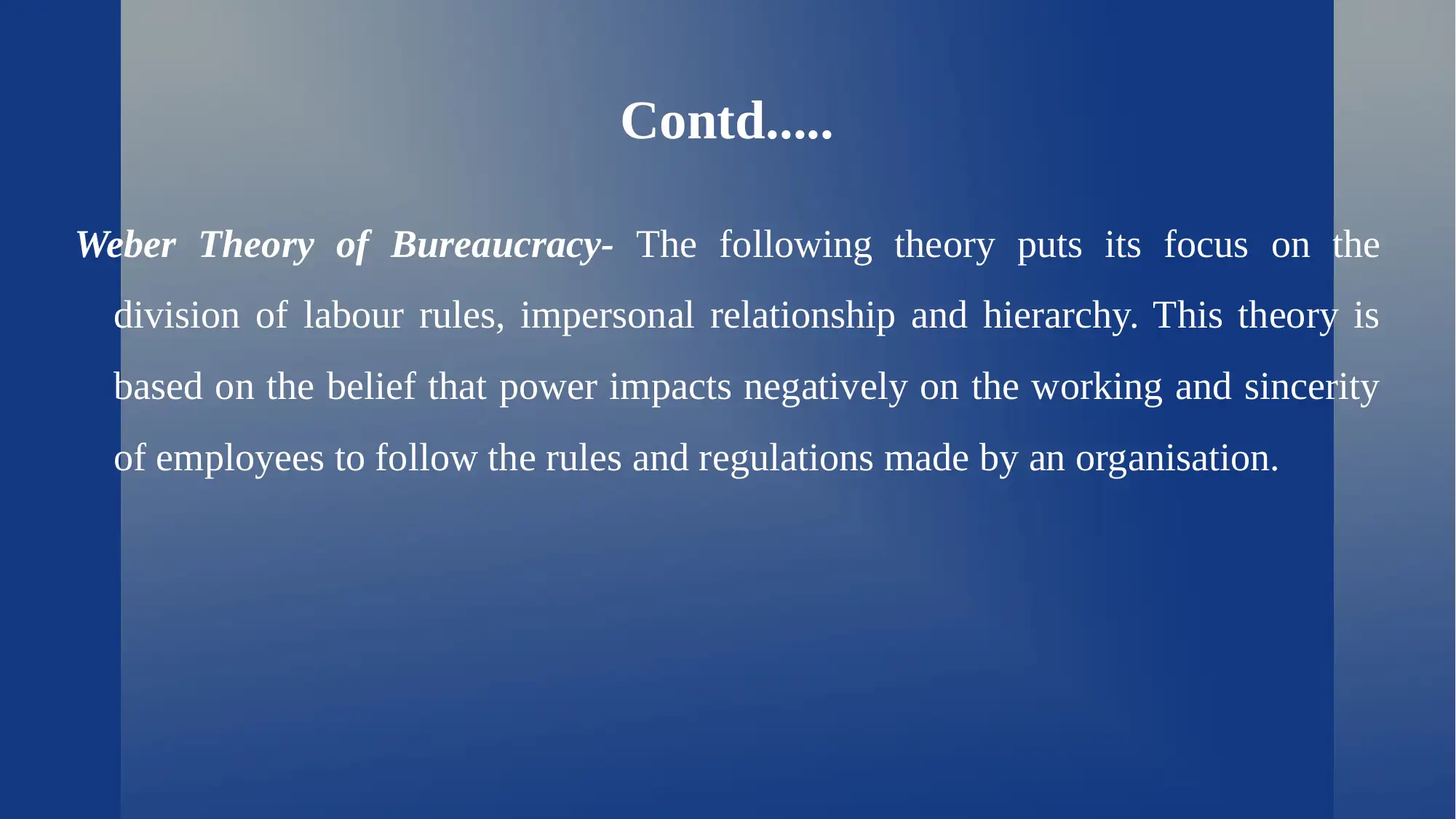
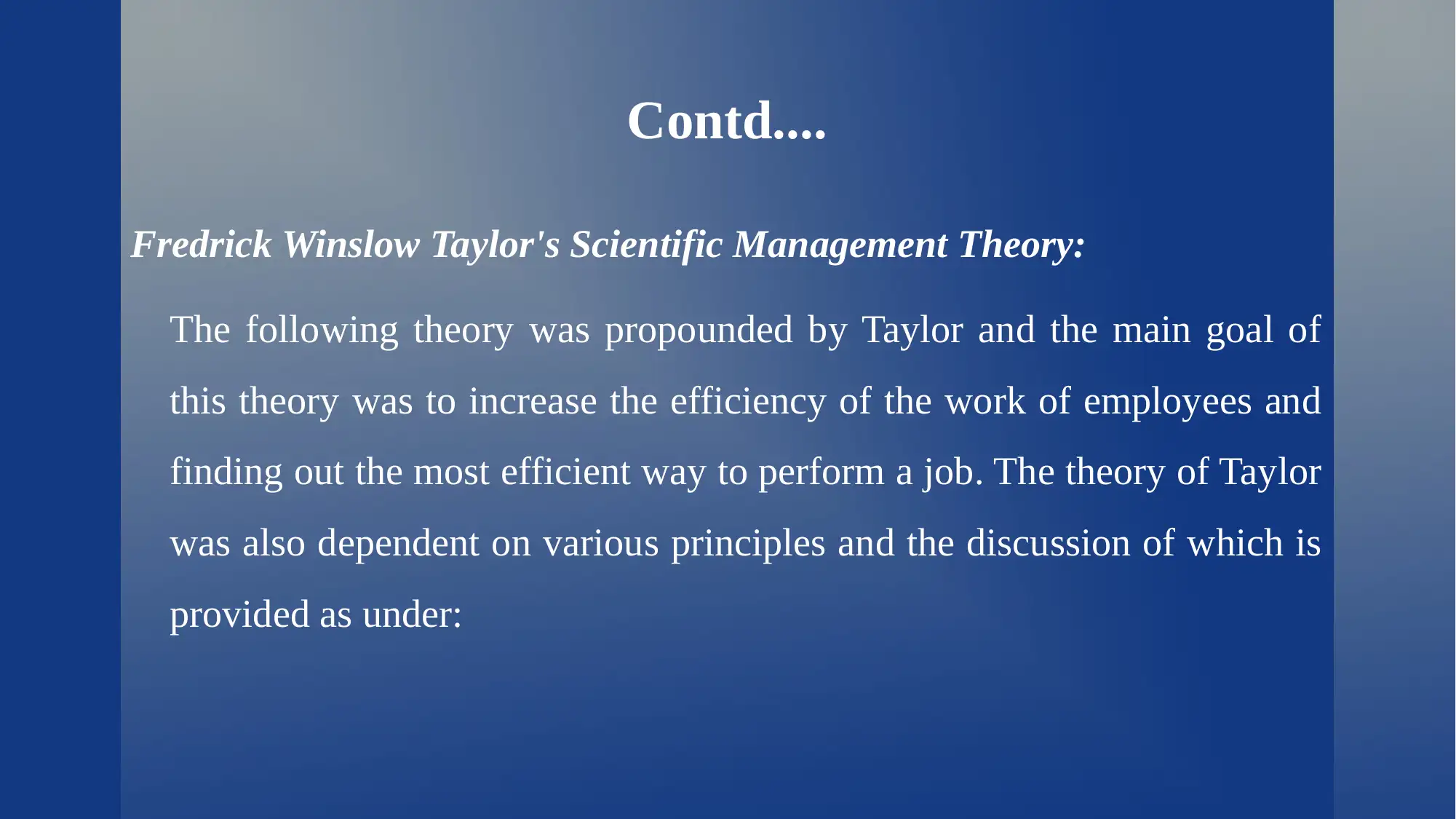
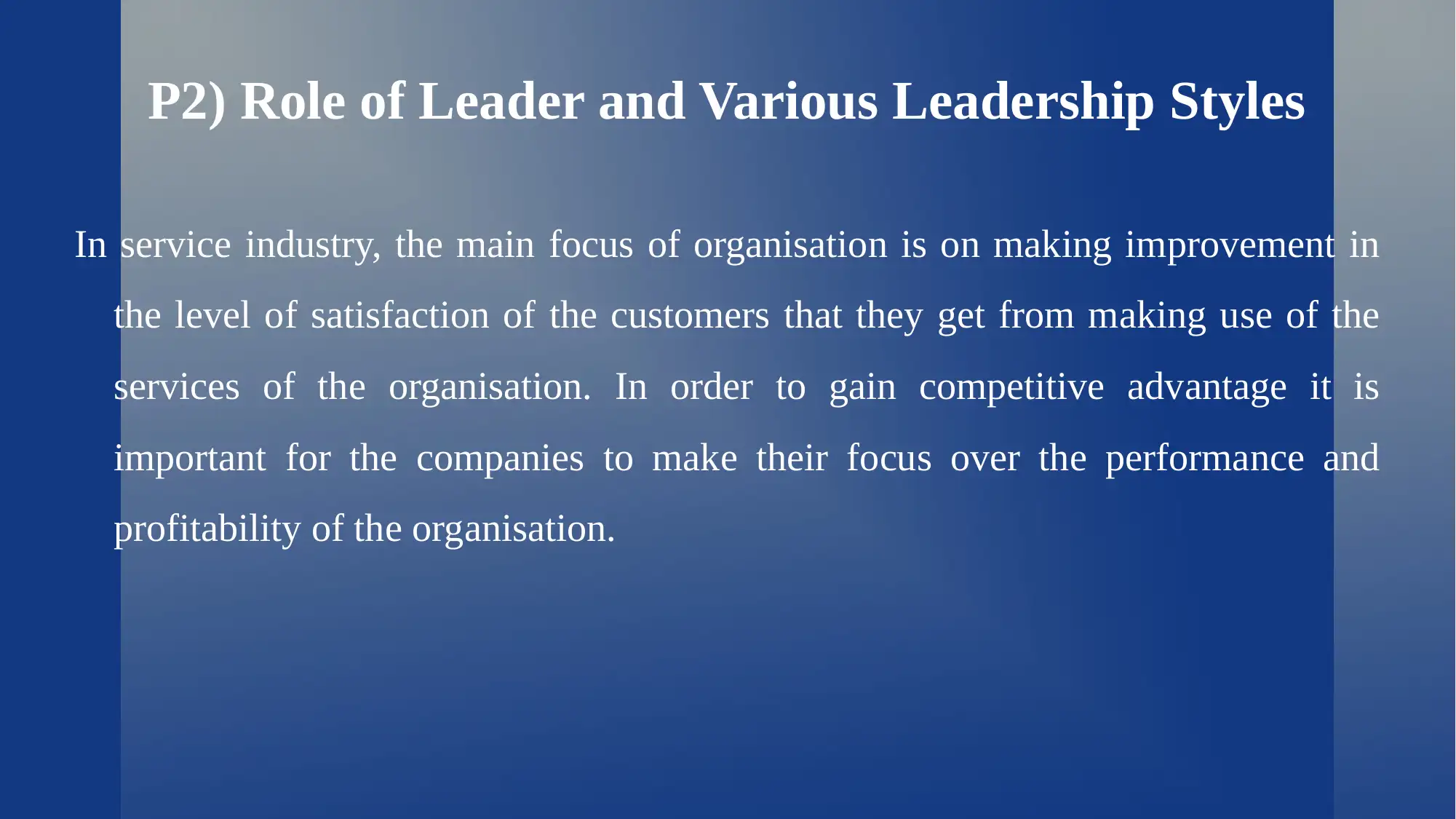


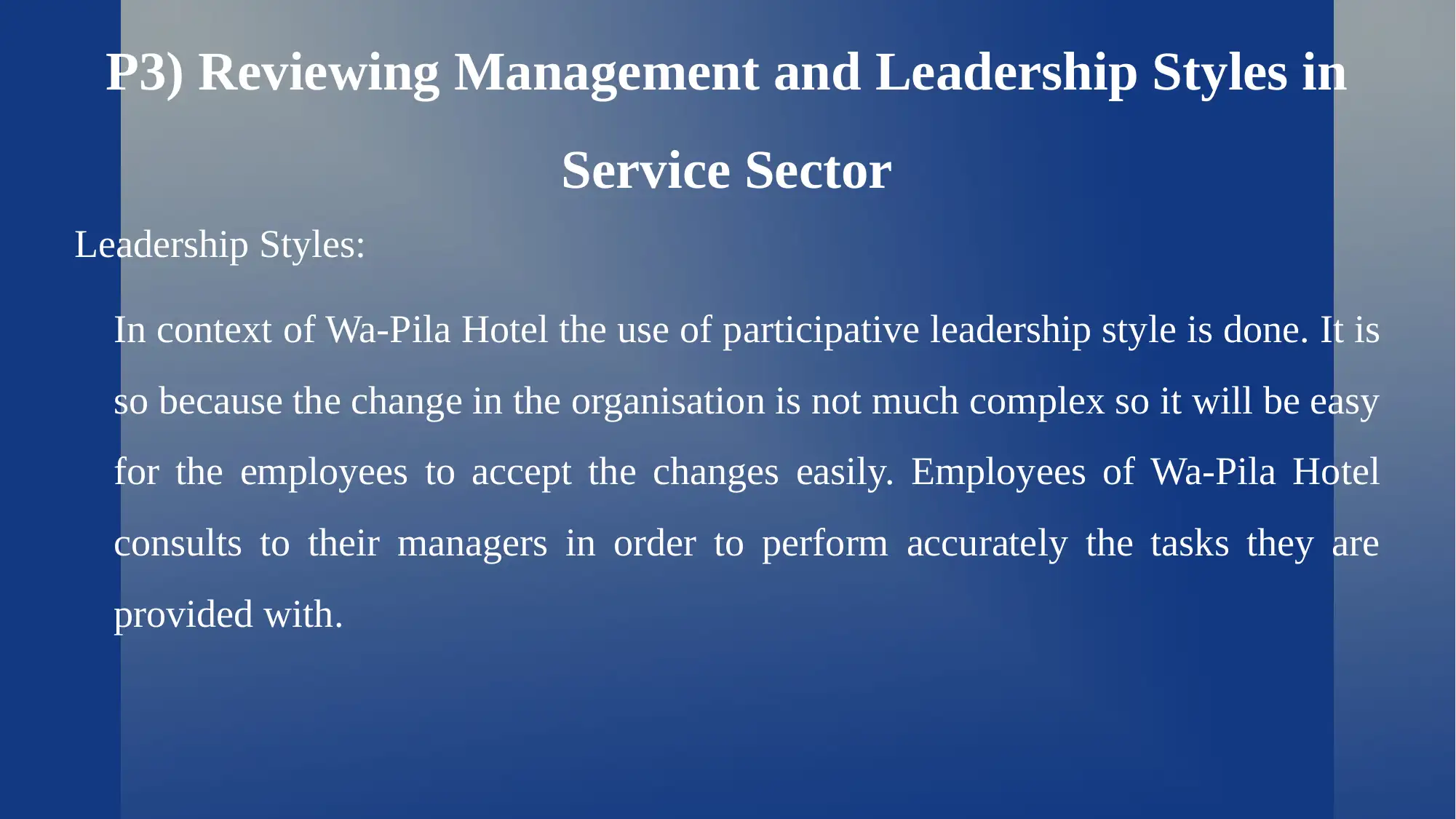
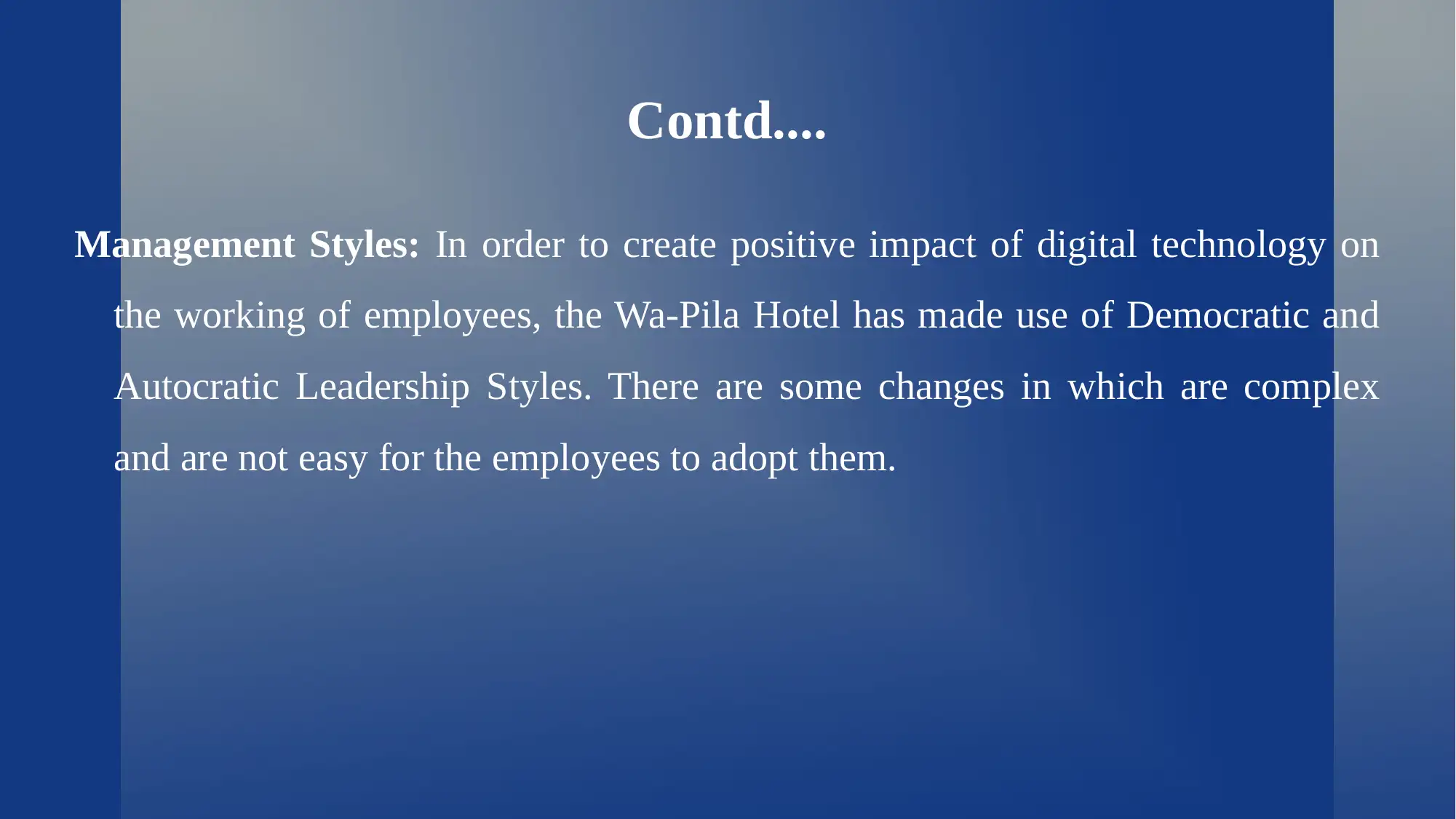
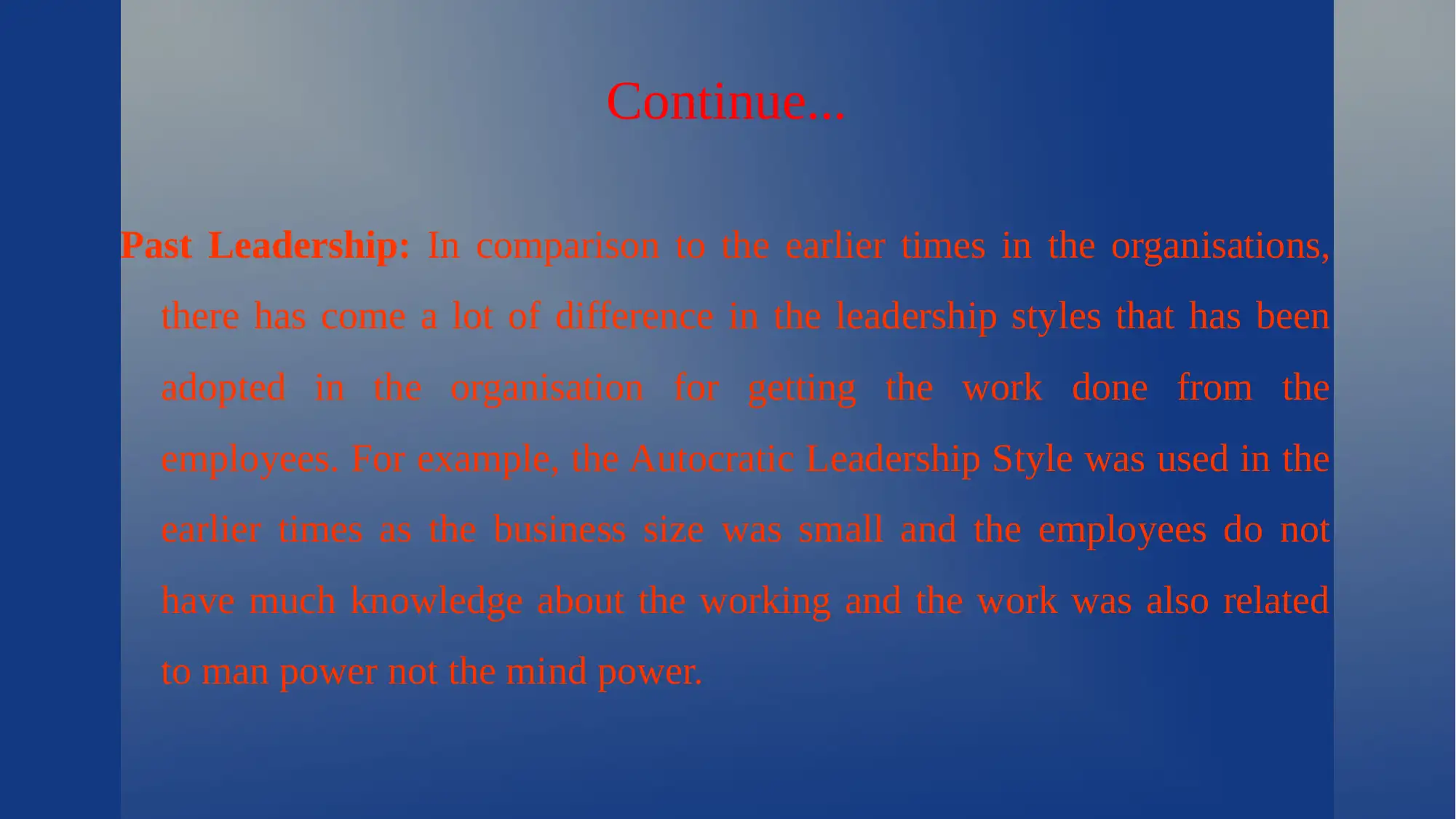






![[object Object]](/_next/static/media/star-bottom.7253800d.svg)